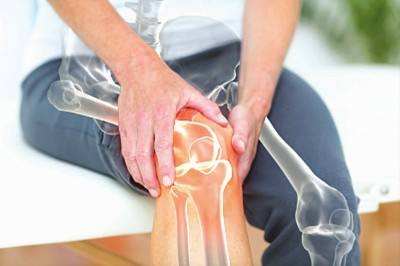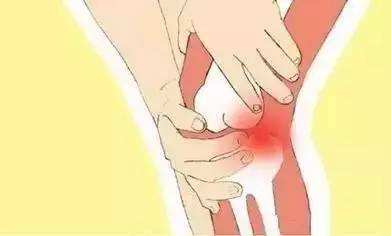Do Hyaluronic Acid Knee Injections Work?
Osteoarthritis is a joint disease characterized by the loss or degeneration of cartilage and bone reaction around the joint. The intrinsic pathogenesis of osteoarthritis is that the articular cartilage loses its elasticity due to mechanical trauma or chronic inflammation. Under the action of lubrication, the articular cartilage surface is damaged and destroyed, and then osteophyte hyperplasia occurs.
At present, the direction of arthritis is mistakenly pointed to the knee joint, so the main focus is on the knee joint. At present, there are nonoperative treatment (conservative treatment) and surgical treatment. Surgical treatments of common knee arthroscopy are debridement and knee replacement. Neither of these two methods can cure the knee joint. Doctors in the United States conducted a comparative study in 1995 and found that joint debridement did not do the same “effect” but they could not explain the phenomenon.
The etiology of knee osteoarthritis is complicated. The main pathological features of knee osteoarthritis are focal articular cartilage sclerosis, marginal osteophyte formation, and joint deformity. Age, obesity, inflammation, trauma, and genetic factors are related to the disease.
Hesitation trauma, excessive strain, an articular cartilage defect, degeneration, and subsequent reactive synovitis, the release of inflammatory factors, coupled with the reduction of Hyaluronic acid in the knee joint, a series of changes, accelerate the loss of cartilage matrix, resulting in articular cartilage surface damage and subchondral bone exposure. Therefore, the protection of osteoarthritis is the key to the treatment of this disease.
Since Peyron first used the intra-articular injection of SHP (sodium hyaluronate) in the treatment of OA (osteoarthritis) in the 1970s, SHP has been used in the clinic for 30 years. Most people believe that the effective use of intra-articular injection of sodium hyaluronate can improve the inflammatory reaction of synovial tissue, enhance the viscosity and lubrication function of joint fluid, and protect Guan.
Ganglion cartilage, which promotes the healing and regeneration of articular cartilage, alleviates pain, increases joint mobility, delays the process of disease, is the first choice for the treatment of mild to moderate osteoarthritis. In addition to relieving pain, SHP can also improve joint function, treatment duration is long, and no systemic toxic side effects.
Injection of analgesic fluid in pain spots and the joint cavity can reduce inflammation and detumescence, relieve pain and improve microcirculation. Sodium hyaluronate is a component of joint synovial fluid and cartilage matrix. Intra-articular injection of sodium hyaluronate can improve intra-articular lubrication and alleviate intra-articular friction.
Intra-articular injection of sodium hyaluronate in the treatment of knee osteoarthritis pain relief, improving knee function, control the development of knee osteoarthritis plays a very important role. For knee osteoarthritis, we should early diagnosis, early treatment, a variety of excellent means of comprehensive treatment to obtain satisfactory results.



Thanks to the great manual